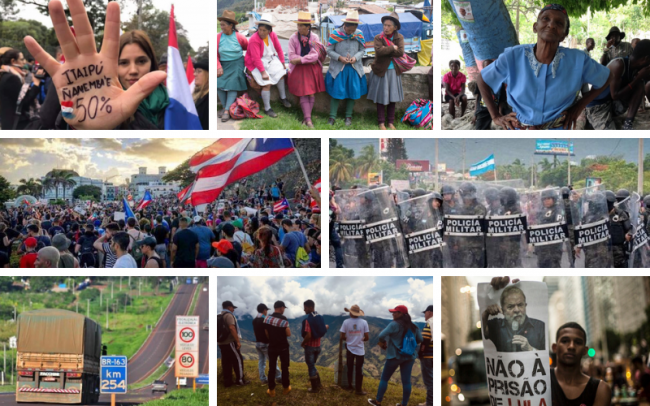
This December, we are asking readers to make a tax-deductible contribution before the year is over to ensure NACLA continues to provide only the best in progressive news and analysis on Latin America. Visit nacla.org/donate
In 2019, NACLA delved into borders, corruption, labor issues, and radical cities across the Americas in our quarterly print issue of the NACLA Report. Online, we covered uprisings from Puerto Rico to the Andes, AMLO and Bolsonaro’s first years in office, elections from Guatemala to Argentina, the continuing U.S. war on migrants, the stalemate in Venezuela, and much more.
Here are NACLA’s editors' picks of the most memorable pieces in 2019 in print and online.
Venezuela’s Popular Sectors and the Future of a Country
Rebecca Hanson and Francisco J. Sánchez (February 2019)
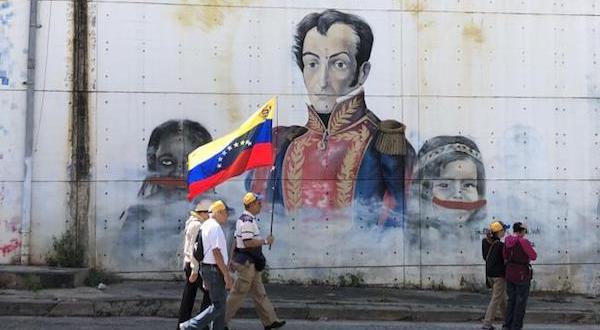
Just a few years ago, the vast majority of working-class barrios in Caracas were ardent supporters of Chavismo. Today, they are split—but they don’t trust the opposition either. Read more.
A Young Duvalier and Haiti’s Unremembered Past
Anne F. Fuller (February 2019)
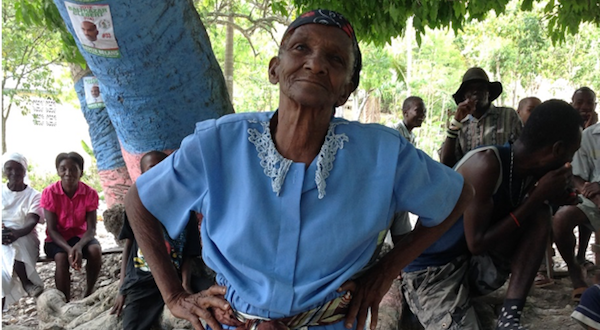
Widespread extrajudicial killings and other crimes against humanity have been all but wiped from Haiti’s historical memory. Will the son and grandson of two brutal dictators capitalize on this collective amnesia? Read more.
Immigrant Rights Are Human Rights
Lorgia García Peña (March 2019, Spring issue)
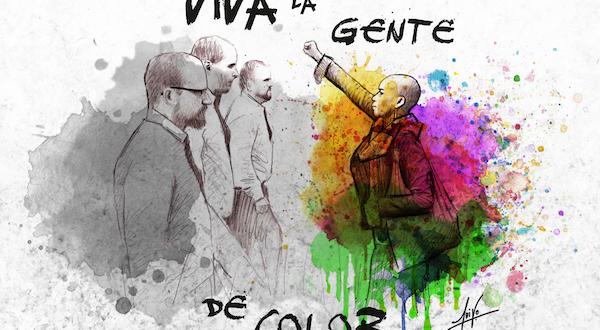
How Afro-Latinx resistance by activists like Tess Asplund reminds us that borders are colonial structures that seek to exclude those deemed “uncivil” or “unworthy” of belonging. Read more.
Brazil: Corruption as a Mode of Rule
Benjamin Fogel (June 2019, Summer issue)
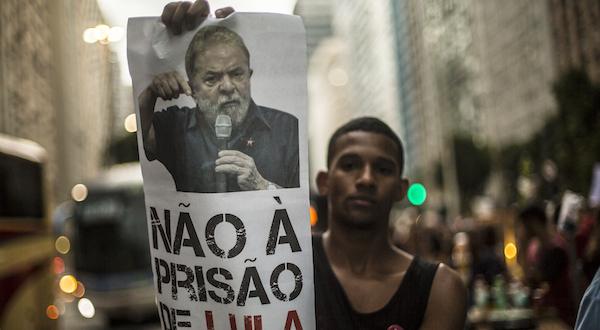
Tracing the roots of corruption in Brazil from Vargas to Bolsonaro reveals a political strategy that has long been woven into the fabric of Brazilian politics. Read more.
Reducing Migrants’ Lives to One Grisly Photograph
Estefania Castañeda Pérez (July 2019)
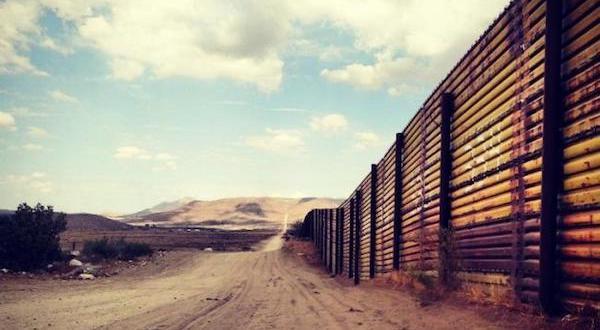
In the name of “sparking a reaction” from an indifferent public, images of migrant deaths decontextualize their reasons for fleeing and gloss over the impact of decades of prevention through deterrence policy. Read more.
The Protests in Puerto Rico Are About Life and Death
Marisol LeBron (July 2019)
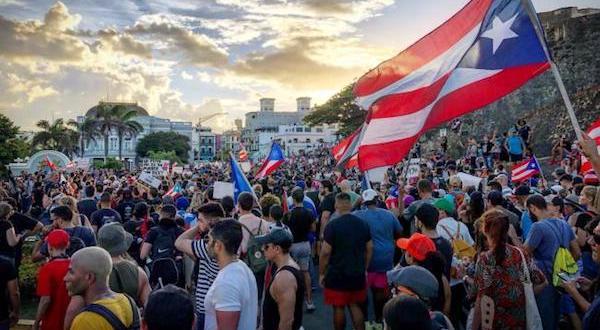
The ongoing protests in Puerto Rico are not just about profane chat messages—they are a response to a broader context of violence, degradation, and exploitation. Read more.
Silenced No More in Peru
Jacquelyn Kovarik (August 2019, Fall issue)
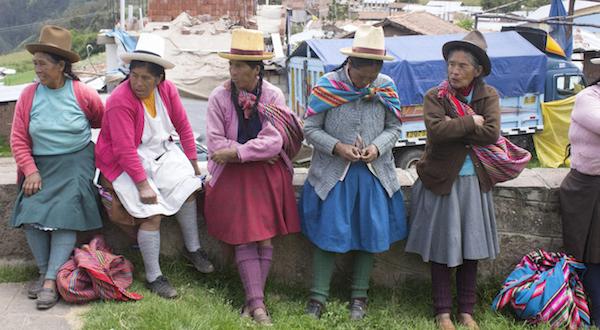
After two decades battling impunity, Indigenous Peruvian women who survived Alberto Fujimori’s forced sterilization campaign finally have their say. Read more.
Will Megaprojects Destroy Colombia’s Peace Process?
Alex Diamond (August 2019)
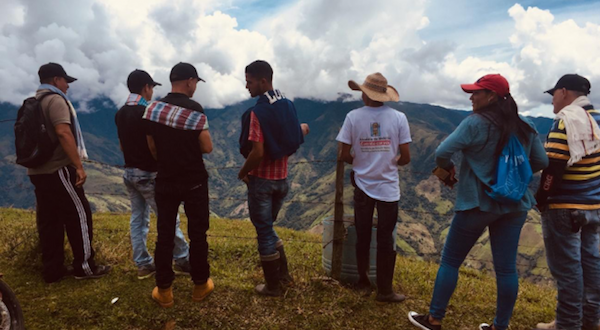
The displacement in El Orejón demonstrates how megaprojects, coca substitution, and the peace process work together to serve elite interests at the expense of campesino ways of life. Read more.
The Dam that (Almost) Brought Down Paraguay’s President
Alanna Elder (August 2019)
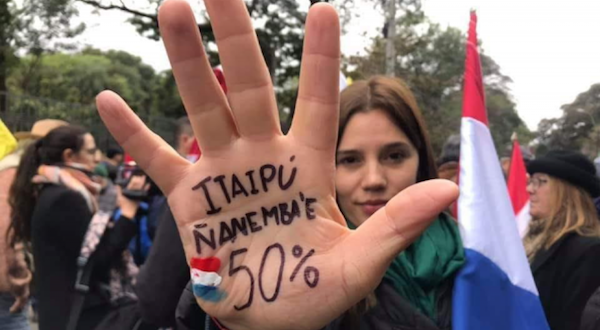
A controversial energy deal and behind-closed-doors negotiations symbolize for many a “surrender” of Paraguayan sovereignty to Brazil and harken back to the dictatorship-era corruption that gave rise to the Itaipu dam. Read more.
The Flame of Opposition in Honduras
Jared Olson (September 2019)
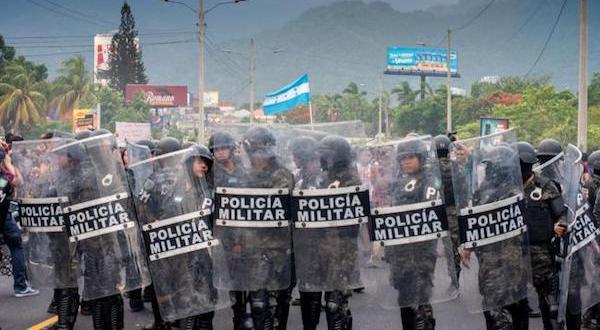
As Honduras deals with the fallout of political scandals surrounding President Juan Orlando Hernández, ousted former president Manuel Zelaya and his LIBRE party mount their opposition. Read more.
The Santiago Metro as a Microcosm of Chile
Andra B. Chastain (October 2019)

Since it opened under Pinochet in 1975, the Santiago metro has served as a microcosm of Chilean society. The story behind it illustrates how everyday people are paying the price for the “Chilean miracle.” Read more.
The Burning Quest to Revive a Nationalist Vision in Brazil’s Amazon
Eve Bratman (December 2019)
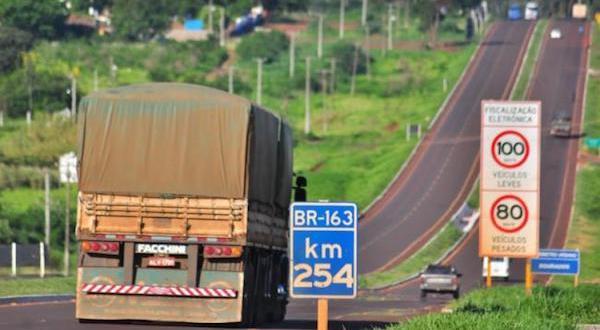
Record fires in Brazil’s Amazon this year marked a political protest led by ranchers who, already empowered under Bolsonaro’s government, are keen to push the government to fully embrace a dictatorship-era extractive doctrine. Read more.

